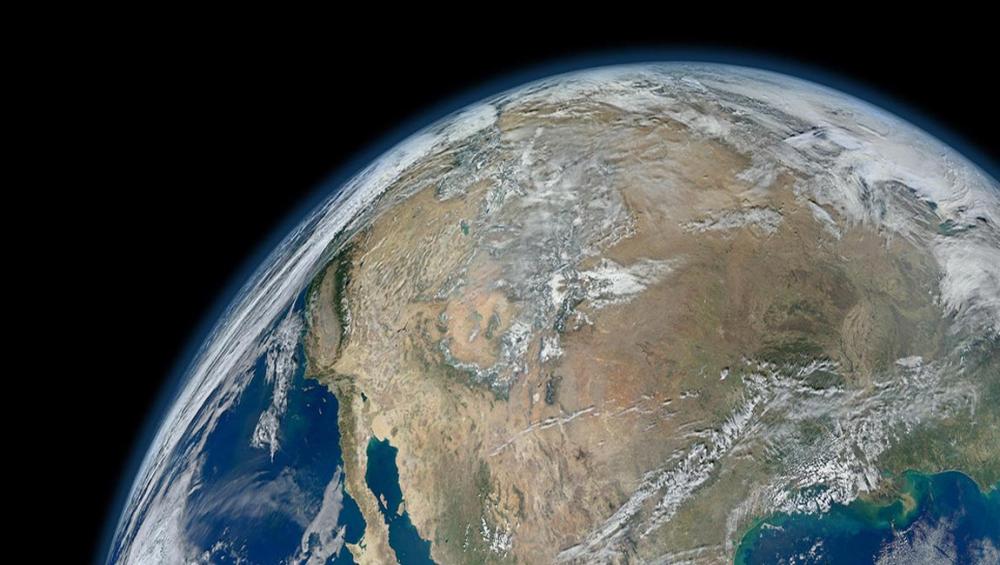Just Earth News | @JustEarthNews | 01 Dec 2018

NASA
The world is heading in the wrong direction to slow climate change after another year of near-record temperatures, the head of the UN’s weather agency said on Thursday.
“We are not on track to meet climate change targets and rein in temperature increases,” said Petteri Taalas, Secretary-General of the World Meteorological Organization (WMO).
We are the first generation to fully understand climate change and the last generation to be able to do something about it – WMO chief Petteri Taalas
“Greenhouse gas concentrations are once again at record levels and if the current trend continues we may see temperature increases 3-5 degrees centigrade by the end of the century. If we exploit all known fossil fuel resources, the temperature rise will be considerably higher,” he said.
Data from five independent global temperature monitors which formed the basis of the latest annual WMO Statement on the State of the Climate report, indicated that this year is on course to be the fourth highest on record.
Worryingly, the 20 warmest years on record have been in the past 22 years, with the top four in the past four years.
“It is worth repeating once again that we are the first generation to fully understand climate change and the last generation to be able to do something about it,” Professor Taalas said.
The WMO Secretary-General’s comments support the findings of another authoritative global body, The Intergovernmental Panel on Climate Change (IPCC).
In its report on Global Warming of 1.5°C, it concluded that the average global temperature in the decade prior to 2015 was 0.86 degrees centigrade above pre-industrial levels.
'Every fraction' of warming 'makes a difference to human health'
Between 2014-2018, however, this average has risen to 1.04 degrees centigrade above the pre-industrial baseline, IPCC’s experts said.
“These are more than just numbers,” said WMO Deputy Secretary-General, Elena Manaenkova, noting that “every fraction of a degree of warming makes a difference to human health and access to food and fresh water”.
The extinction of many animals and plants also hinged on global warming, the WMO official insisted, along with the survival of coral reefs and marine life.
“It makes a difference to economic productivity, food security, and to the resilience of our infrastructure and cities,” Ms Manaenkova said. “It makes a difference to the speed of glacier melt and water supplies, and the future of low-lying islands and coastal communities. Every extra bit matters.”
WMO’s report adds to the scientific evidence that will inform climate change negotiations from 2-14 December in Katowice, Poland.
The key objective is to adopt the implementation guidelines of the Paris Agreement on Climate Change, which aims to hold the global average temperature increase to as close as possible to 1.5 degrees centigrade.
This target is possible, according to the IPCC, but it would require “unprecedented changes” in our lifestyle, energy and transport systems.
Highlighting the economic impact of higher global temperatures, WMO noted that many countries were increasingly aware of the potential problems.
This included in the United States, where a recent federal report detailed how climate change is already affecting the environment, agriculture, energy, land and water resources, in addition to transport, people’s health and welfare.
A just-published United Kingdom assessment also warned that summer temperatures could be up to 5.4 degrees centigrade hotter, and summer rainfall could decrease by up to 47 per cent by 2070.
In Switzerland, famed for its mountains and skiing, national weather experts warned earlier this month that the country is becoming hotter and drier. In addition, it is expected to struggle with heavier rainfall in the future – and less snow.